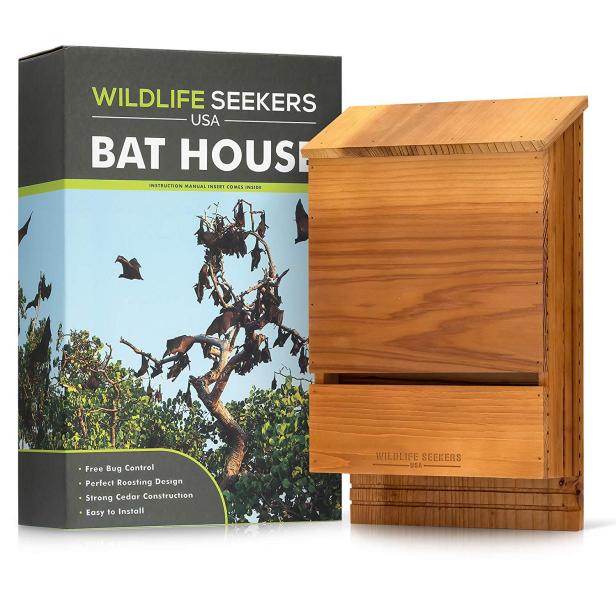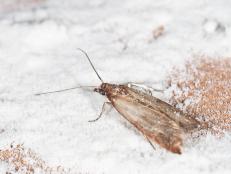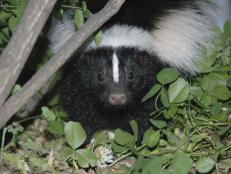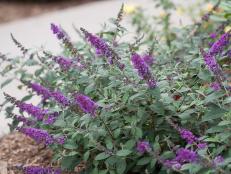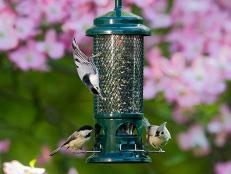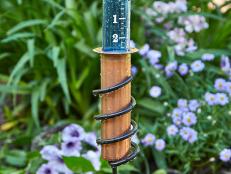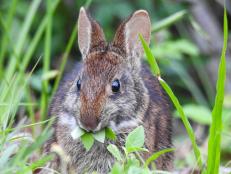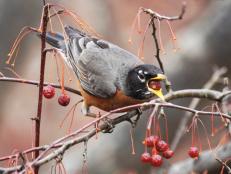Yes, You Want to Attract Bats to Your Yard and Here's Why
Everyone knows birds and bees help pollinate your landscape, but did you know bats are pollinators too? Not only will they help your garden grow, bats can eat THOUSANDS of insects in just one hour! Buh-bye mosquitoes!

Bats have a reputation as something to be feared and reviled, but the truth is bats are good and having these winged creatures flying above your yard is beneficial in so many ways. They are an important part of the ecosystem and a gardener’s ally. Although many myths hold a kernel of truth, most bats are more friend than foe.

Myth: Bats are blood-suckers.
Truth: Bats prefer to eat insects.
Nearly all bats feed not on blood, but insects, fruit or nectar. Of the over 1,100 species of bats, only three — found only in Central and South America — drink blood. One feeds on cattle and the other two on birds. They do not actually suck blood but cut into the hide with sharp teeth and lap at the incision (usually less than a teaspoon).
Encouraging bats to nest in nearby locations can be a great boon to gardeners or those who like to spend time outdoors. Almost all of the 40-50 species of bats in the US are prodigious insect-eaters, feasting on anywhere from 600 to 1000 night-flying insects per feeding hour, including mosquitoes and many garden pests. These nocturnal insectivores ease the impact of pests on home gardens and save commercial farmers estimated billions in crop loss and pesticide costs.
Myth: All bats carry rabies.
Truth: Less than 1% have rabies.
Bats aren’t any more likely to carry the disease than other mammals. Although rabies is a concern, as with many animals, fewer than one-half of one percent of bats contract the disease and the likelihood of attack by infected bats is slim. As with all wild animals, it is still advisable to avoid physical contact.
Myth: Bats are winged rodents.
Truth: Bats are mammals just like us.
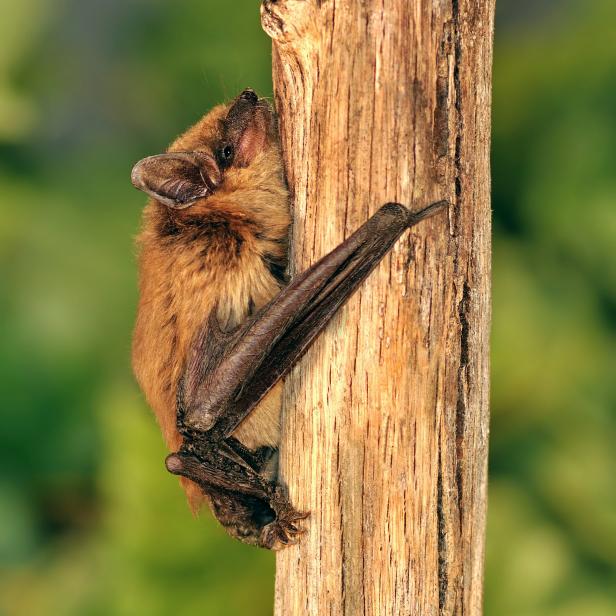
Although similar in size and build, bats actually have more in common with primates than rats or mice. Of the order Chiroptera (meaning "hand-winged") they do, of course, have wings and are the only mammal in existence capable of true flight.
Myth: Bats are aggressive toward people.
Truth: They could care less about you.
Most bats are docile and will only bite defensively. In most cases, people are bitten by bats only when attempting to handle or move them. If encountering an injured or otherwise grounded bat, it is advisable to contact animal control. Bats behaving erratically or aggressively may be ill and should be avoided.
Myth: Bats are blind.
Truth: They see just fine.
Bats are born blind, but soon develop excellent eyesight, although they are unable to differentiate colors. This myth probably comes from their ability to hunt well at night, using echolocation (extremely efficient sonar capabilities) to target and collect prey.
Myth: Bats are pests.
Truth: They make free fertilizer.
Okay, there is a little truth in this myth, but perhaps not what one expects. Although bats nesting in attics, garages or other insecure structures can be a concern for homeowners, bats are opportunistic nesters and are incapable of directly causing damage to structures or wiring. They can, however, become a noisy and messy nuisance when taking up occupancy in houses. Trapping is not recommended, as bats have excellent homing capabilities and will return to the site even from great distances. The safest way to remedy a problem with bats nesting in attics or walls is to locate and seal any potential entry points while bats are out.
Encourage bat nesting near your garden. Bats provide nutrient-rich fertilizer in the form of bat guano (poop), a prized fertilizer with high levels of phosphorus and nitrogen, two of a plant’s favorite nutrients. How to attract them to your garden. Adding a simple wooden bat house to your yard will also offer bats a safe place to roost without the need for cave or belfry. Also, grow plants that bats like.
What plants do bats like?
Ready to welcome these misunderstood beneficial predators into your yard? Adding late-day or night-blooming plants to your garden will increase your yard appeal to bats. Try moonflowers, honeysuckle or evening primrose.
How to Build and Install a Bat Box
Learn how to build and install a cedar bat house. Bats have many benefits, including reducing the mosquito population and eliminating pests that ravage organic gardens.






